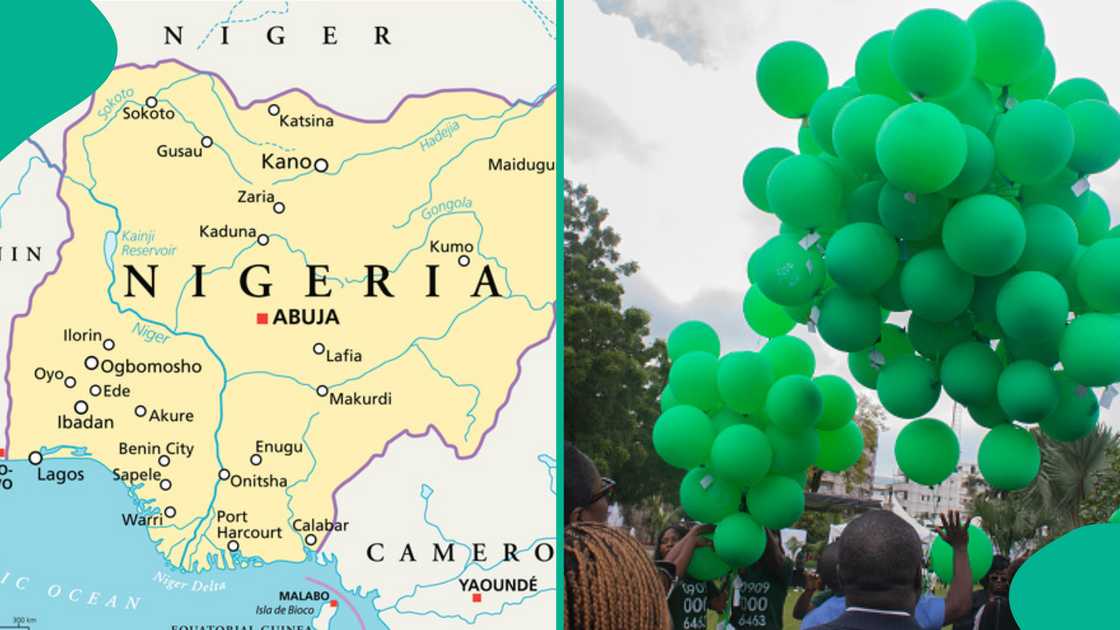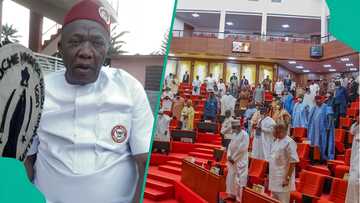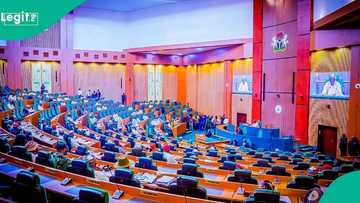How 9 New States Were Created in 1991 After IBB’s Announcement
- In 1991, President Ibrahim Babangida announced nine new states for Nigeria
- Even though the government was run by the military, many powerful people were said to have helped decide how the states were made
- One new state, Delta, caused a lot of arguments because of where its capital was placed
On 26 August 1991, President Ibrahim Babangida shocked Nigerians by announcing the creation of nine new states.
The announcement came just before the sixth anniversary of the military coup that brought him to power.

Source: Getty Images
Although the country was under military rule, the decision was not made by the military alone, it followed months of quiet lobbying and behind-the-scenes influence.
At the time, the Armed Forces Ruling Council (AFRC) was the top decision-making body. But many believed that powerful individuals outside the council also played a role.
These included traditional rulers, wives of top government officials, and senior members of Babangida’s team, who reportedly helped shape the new states and choose their capitals.
Nine new states announced in 1991
The nine states created were: Edo, Kebbi, Anambra, Enugu, Taraba, Kogi, Osun, Jigawa, and Delta. Their creation changed Nigeria’s political structure and answered long-standing calls for more local control and fairer representation.
Still, the process was not open to the public, and some of the decisions caused debate and disagreement.
Delta State: Most controversial of the nine
Among the new states, Delta stood out as the most controversial. For years, leaders from the old Delta province had pushed for their own state, separate from Bendel State.
When Babangida finally announced Delta State, many thought he had granted their wish but the details surprised even those close to the process.
Instead of forming the state only from the Delta province, the government added the Anioma region as well.
Even more surprising was the choice of Asaba, a town on the edge of the new state, as the capital. This upset many from the Urhobo ethnic group, who had expected the capital to be located in their area, according to Vanguard report.

Read also
Prominent lawyer discloses name of new state to be created in southeast, explains why it fits region
Movement key person helped calm tensions
Fred Agbeyegbe, who was secretary of the Movement for the Creation of Delta State, was at a lawyers’ conference in Owerri when the news broke. The announcement caused tension, and some feared violence might break out.
A businessman and a traditional ruler from Asaba invited Agbeyegbe to help calm the situation. He later told Vanguard:
“I spent a week, after that in Sunny Odogwu’s house in Asaba because they were expecting so much trouble. They thought the Urhobos would go haywire, they thought people would not accept the creation of the state and I was called upon to come and do some fire-brigade work. Then, we had a meeting during the period I was in Asaba cooling tempers.”
His efforts helped reduce the tension and allowed people to begin adjusting to the new political setup.
New states that scaled second reading at National Assembly
Legit.ng earlier reported that several bills proposing the creation of new states in Nigeria have successfully passed the second reading at the House of Representatives.
These developments have signalled growing momentum for constitutional amendments aimed at restructuring the geopolitical landscape.
Here is a comprehensive listicle detailing each proposed state, the sponsoring lawmakers, and the regions affected.
Source: Legit.ng



